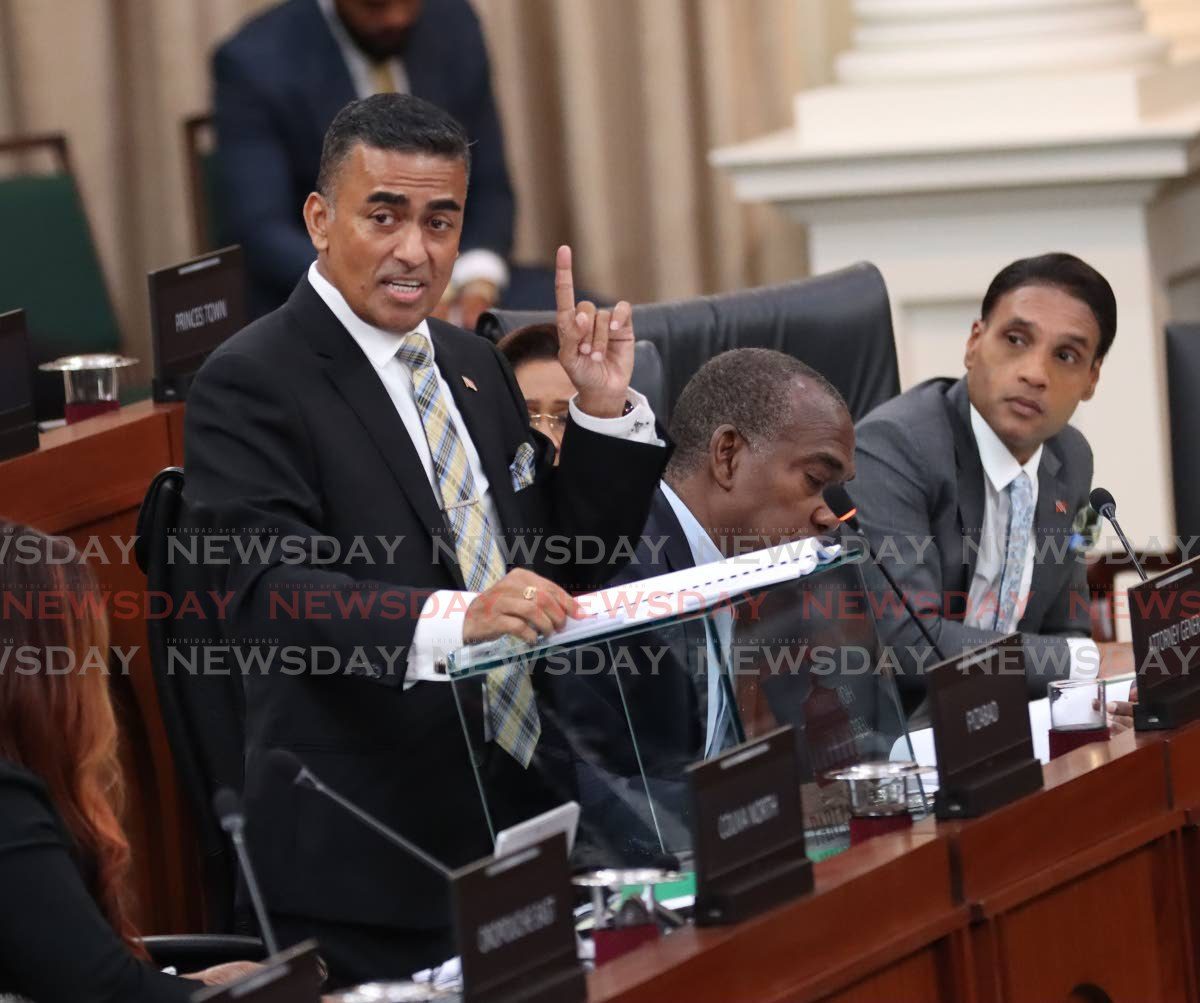By Newsday
Copyright newsday

THE GOVERNMENT proposes to ban cryptocurrency and virtual assets. But its reasons are too murky to inspire confidence that the move is anything but an attempt to dismantle the previous administration’s cashless policy.
With little warning, the Virtual Assets and Virtual Assets Service Providers Bill 2025 was tabled in Parliament on September 12.
According to Finance Minister Davendranath Tancoo, in whose name the legislation was laid, the bill is about crime.
“The industry is currently unregulated, meaning that it is easily being misused to facilitate money laundering by those involved in illegal drugs and multiple other forms of criminal activities,” he said when reached for comment.
He also said the bill is “a work in progress,” which is meant to “penalise those responsible for siphoning billions of taxpayers’ dollars into the pockets of a special few.”
But the minister provided no details, no evidence and no indication of the extent of the purported problem.
Why, if the aim is tackling unjust enrichment by white-collar criminals, is the legislation meant to sunset by December 31, 2027?
Why does clause four of the bill place the authority to regulate virtual assets into the hands of the Securities and Exchange Commission and not the Central Bank?
Nobody suggests outlawing bills and coins despite their potential for use in corrupt activities – so why outlaw crypto and all virtual assets?
More needs to be explained when this law is put to a debate. At the very least, it should be studied by a parliamentary committee.
Mr Tancoo referred to “billions” being siphoned. But Central Bank Governor Larry Howai’s September 4 overview of this country’s economic performance made no reference to this issue. Nor was the role of cryptocurrency in foreign exchange flagged in any significant way by the governor.
Right now, it is the bank, not the SEC, that has the power to register companies to do things like provide e-money and e-wallets without the need for bank accounts. WamNow, PayWise Ltd, PESH Money Ltd, and the Telecommunications Services of TT Ltd’s PAYPR are but a few of the entities registered in recent years.
The bill suggests in clause four that anyone carrying out virtual asset activity must cease all such activity within three months.
Existing approvals may thus be quashed; a burgeoning high-tech sector completely gutted. And for what?
Such uncertainty does not enhance the overall business environment.
An April 2025 Central Bank working paper – which is not necessarily the view of the bank itself – warned that digital money has the “potential to disrupt financial systems” but might also align with wider policy aims. It called for “an updated perspective.”
The bank was once reportedly looking into a central bank digital currency and has a fintech policy to promote an environment of financial innovation while mitigating risks.
All that nuance might change if the government gets its way.
Cryptocurrency is a significant development, which should be properly regulated.
But a clear, cogent and convincing case for this legislation remains outstanding.



